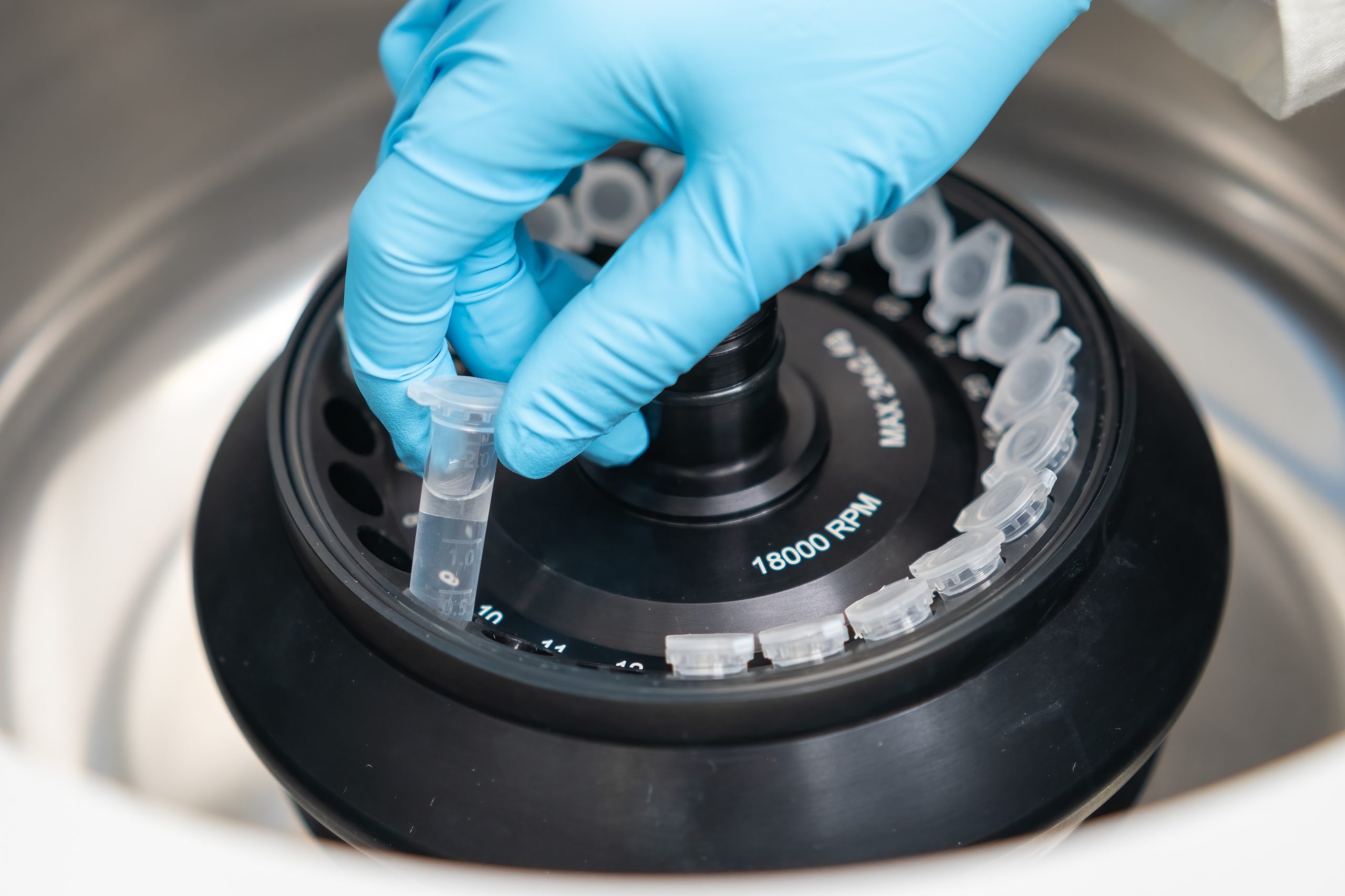Clinical Operations
Tailored solutions that align with your study objectives, timelines, and budget
We are agile and flexible, seamlessly integrating with your team to successfully achieve your product development goals.

KEY FIGURES
30+
Years of experience
50%
Studies related to rare diseases
30%
Studies for medical devices

A personalised, flexible and comprehensive offerings
A full-spectrum service from support your study design to authoring the clinical study report, with respect to your budget and not compromising with the highest standards of quality and patient safety.
State-of-the-art technologies
Vision, our SaaS tech-enabled solutions offer a set of proprietary clinical trial tools such as CDMS, CTMS, ePRO, eTMF to facilitate the efficiency, accuracy, and safety of clinical trials.


Patient-centric clinical operations
Our clinical operations are designed to tailor each interaction to individual patient needs, ensuring compassionate and patient-focused care.
Our goals are to ensure that meaningful outcomes are considered with an understanding of the patient journey.
FAQs
What are the major milestones of each clinical trial?
Clinical trials typically go through several key milestones, but specific details can vary based on the type of trial and the therapeutic area.
Here below are the critical steps for a clinical trial:
1. Study design & Protocol authoring are essential to define study objectives and ensure alignment with the clinical development plan.
2. Study feasibility will help to assess whether the study is viable in terms of timelines, targeted population, and help to fine tune the regulatory strategy.
3. Regulatory Approvals need to be obtained before starting any patient recruitment activities and help to ensure that the study is ethical and meet safety standards.
4. Study conduct which encompasses monitoring and data collection.
5. Study Completion once all patients are completed and final data collected as planned per the protocol.
6. As the final step, data analysis and reporting during which collected data are analyzed and a clinical study report is prepared.
read more
How to increase patient retention in a clinical trial?
To enhance patient retention in clinical trials, sponsors need to:
1. Ensure clear and ongoing communication, building trust between patients and site staff.
2. Create a patient centered project that focuses on their needs and concerns.
3. Educate patients on the study’s benefits and their role in developing product knowledge.
4. Facilitate patient’s journey and streamline procedures to minimize the burden on patients and utilize decentralized technologies for remote data collection.
5. Provide ongoing education about the study’s progress to maintain patient engagement.
read more
Related Glossary

Questions? Get the answers by our expert team
No two product developments are the same, talk to our experts about your development challenges and we will provide your actional recommendations.
